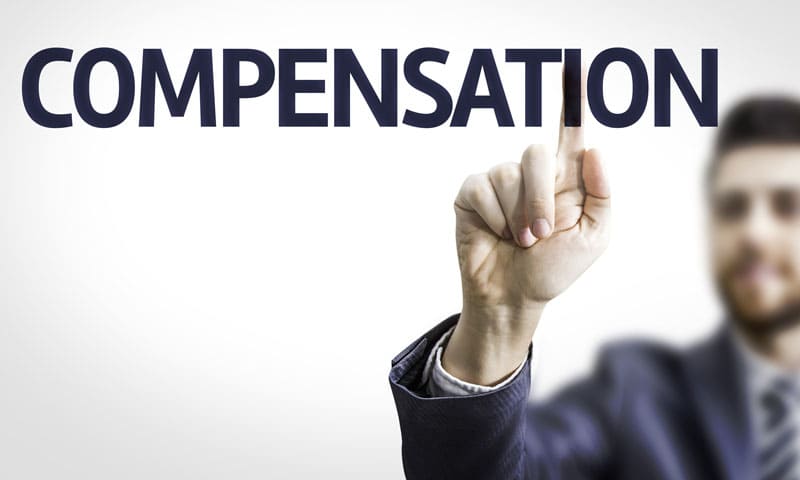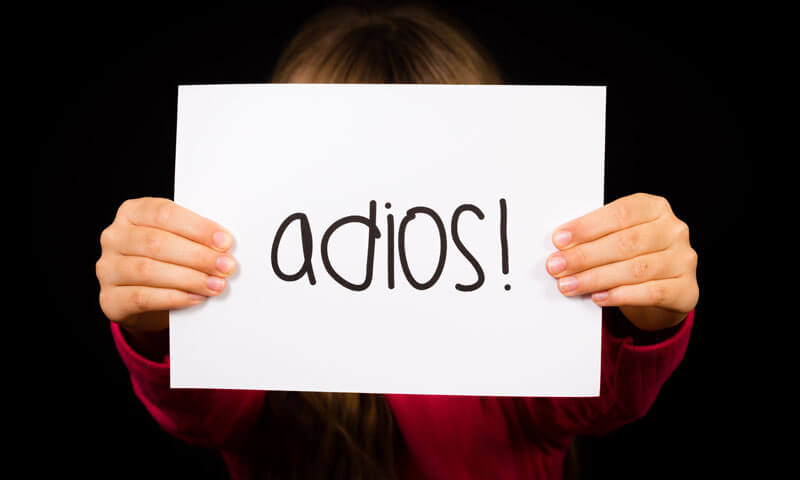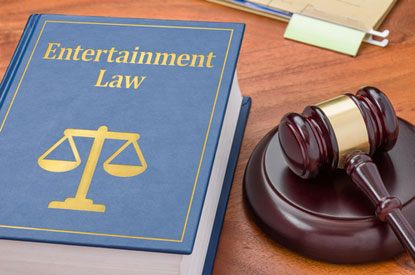Oral arguments occurred on Tuesday in front of the U.S. Supreme Court for Proposition 8, the gay marriage ban in California. Audio from the arguments can be found here. The transcript of the arguments is here.
Justice Anthony Kennedy called the idea of same-sex marriage “unchartered waters. And you can play with that metaphor. There’s a wonderful destination” or “a cliff.”
“They want their parents to have full recognition and legal status,” Kennedy told Charles J. Cooper, who is representing supporters of Prop 8. “The voice of those children is considerable in this case, don’t you think?”
“Can you think of any other rational basis, reason, for a state using sexual orientation as a factor in denying homosexuals benefits or imposing burdens on them?” Justice Sonia Sotomayor asked Cooper. “Is there any other rational decision-making that the government could make? Denying them a job, not granting them benefits of some sort, any other decision?”
Cooper answered by saying that Prop 8 supports “responsible procreation.” This caused Justice Elena Kagan to respond with, “If you are over the age of 55, you don’t help us serve the government’s interest in regulating procreation through marriage. So why is that different?”
Justice Antonin Scalia asked Ted Olson, the lawyer representing the two same-sex couples fighting Prop 8, “When did it become unconstitutional to exclude homosexual couples from marriage? 1791 [when the Bill of Rights was ratified]? 1868, when the 14th Amendment was adopted?”
Olson then asked Scalia, “When did it become unconstitutional to prohibit interracial marriages?”
“It’s an easy question,” Scalia said. “At the time that the equal protection clause was adopted. That’s absolutely true. But don’t give me a question to my question.”
“There’s no specific date in time,” Olson answered. “This is an evolutionary cycle.”
Justice Samuel Alito said, “You want us to step in and render a decision based on an assessment of the effects of this institution which is newer than cell phones or the Internet. On a question like that, of such fundamental importance, why should it not be left for the people, either acting through initiatives and referendums or through their elected public officials?”
By the time the arguments concluded, Kennedy was under the belief that proponents of Prop 8 had standing to sue, that same-sex couples had the right to wed and that this right extends to all states.
“Why [do] you think we should take and decide this case?” Kennedy asked Cooper.
Kennedy also shot down the 9th U.S. Circuit Court of Appeals’ California-only reasoning behind its ruling. The decision in the case of Hollingsworth v. Perry should come sometime in July.















































